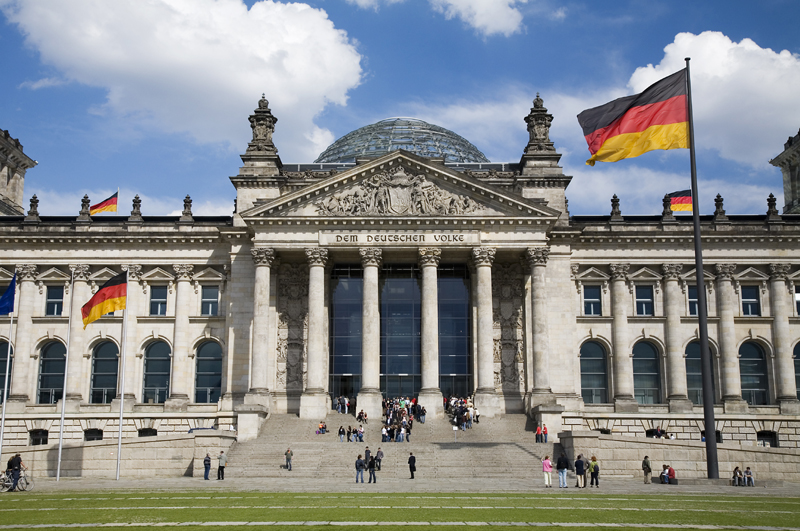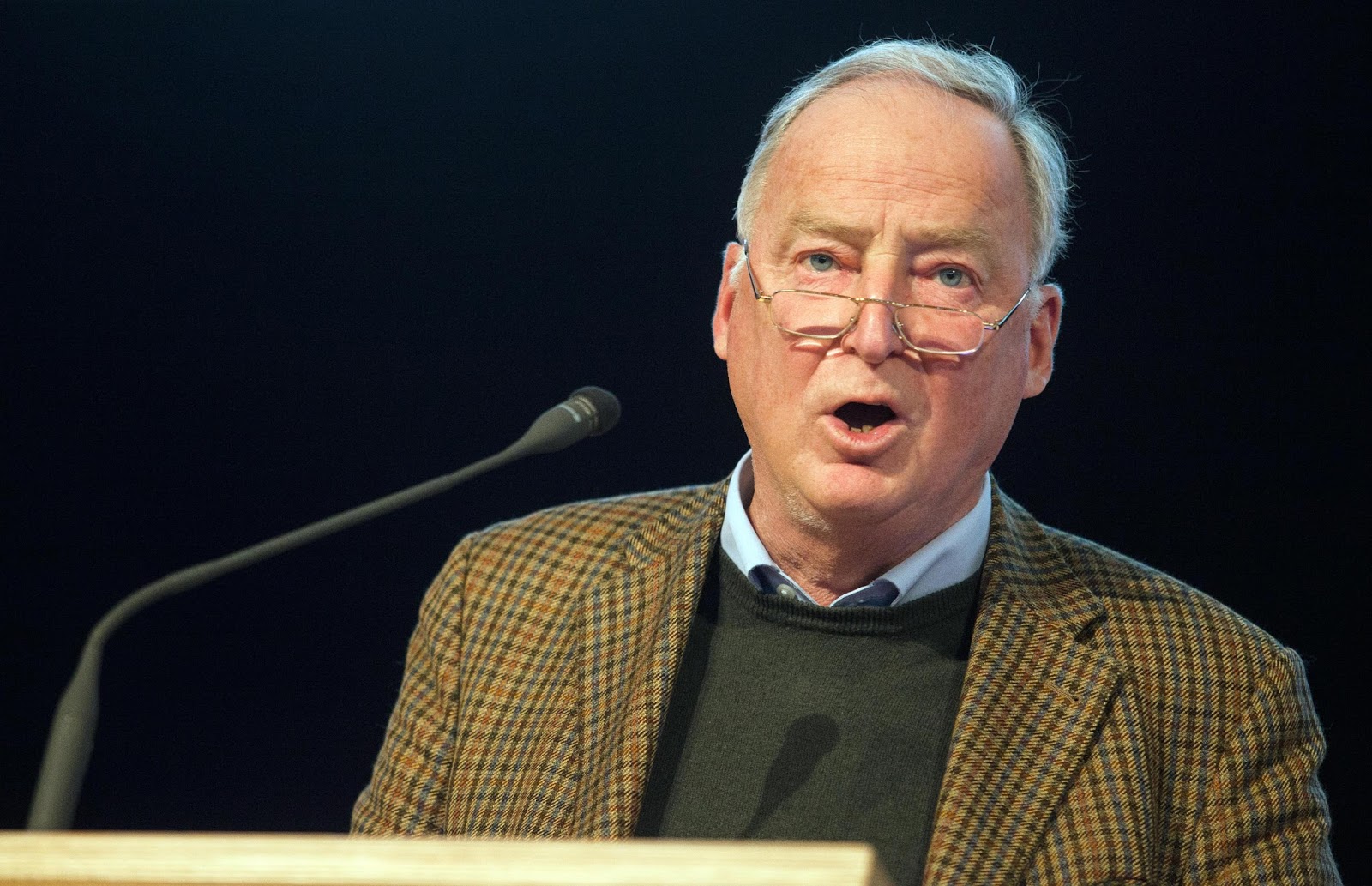Angela Merkel’s victory sounded hollow as hawkish anti-Islam party AfD managed to emerge as the third largest group.

In victory there was defeat for Angela Merkel, the Iron Lady of Germany. Though her alliance has remained the largest party, there was nothing to celebrate about. It was by far the worst result for the alliance between the Christian Democrat (CDU) and the Christian Social Union (CSU) since 1949, when national elections were held in Germany for the first time after World War II.
Giving Iron Lady Merkel a deadly, if not a knockout blow, was the Alternative for Germany (AfD), an extreme right outfit that is anti-Muslim and anti-refugees. Like Donald Trump’s America First, AfD is a strong votary standing what they claim is a movement to regain Germany’s pride.

For the first time, AfD will not only gain a foothold in the Bundestag or the German Parliament, but will also emerge as the third largest party.
AfD is expected to take 94 seats in the 709-seat federal parliament – a major victory. Founded in 2013, it capitalised on the backlash against Merkel’s policy towards migrants and refugees, mainly from war-torn Muslim countries like Syria.
This is a clear verdict that indicated the rise of extreme right and growing opposition on Merkel’s decision to open Germany’s doors to one million refugees.
AfD was founded as an anti-euro party but later turned its focus to immigration and Islam.
It went to the extent of calling for a ban on minarets and declared Islam incompatible with German culture. Several of its candidates have been linked to far-right remarks.
The party’s hawkish approach helped it to win seats in 13 of Germany’s 16 state parliaments in the last few years.
AfD went to polls calling for stricter asylum rules to curb abuse of the system, including vetting of claims in countries of origin that are deemed “safe”.

Soon after the results came out, Alexander Gauland, one of the AfD’s leaders and now an MP, said his party would hunt down Merkel.
“Take back the country and the people,” he said indicating a totally different political landscape for Germany post-World War Two.
Another AfD member Frauke Petry tweeted saying that Germany had experienced an incomparable “political earthquake”. The party’s performance was better than forecast in opinion polls. It performed particularly well in what was formerly East Germany, taking 21.5% of the vote as the second most popular party.
Beatrix van Storch, one of the party’s leaders, told the BBC that the result would change the political system in Germany, giving “a voice” to the people she said were not represented in the last parliament.
“We’ll start debates on migration, we’ll start debates on Islam, we’ll start debates on ever closer union.”
The Social Democrats (SPD), led by Martin Schulz, performed so badly that it has now no option but to quit the alliance with Merkel. For the SPD too it was the worst election result since 1949. Promptly Schulz announced that his party would end of the “grand coalition” with Merkel’s alliance.
This means Merkel must now find new coalition partners. That will not be easy as coalition partners differ on various issues. Her job too is at stake as she will have to convince her partymen that she is the right woman for the job.
Addressing her party, Merkel acknowledged the past four years had been hard. Nevertheless the party had still achieved its aim – to finish first. But the cheers rang hollow. The real victory was not Merkel’s, but clearly belonged to the AfD.









































